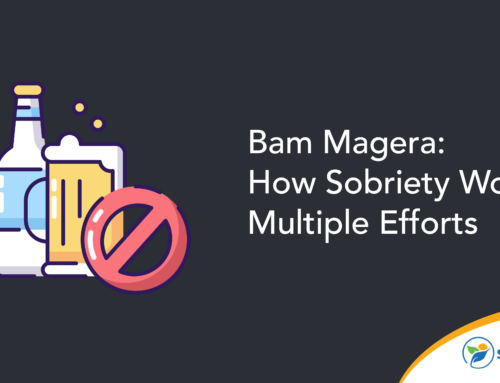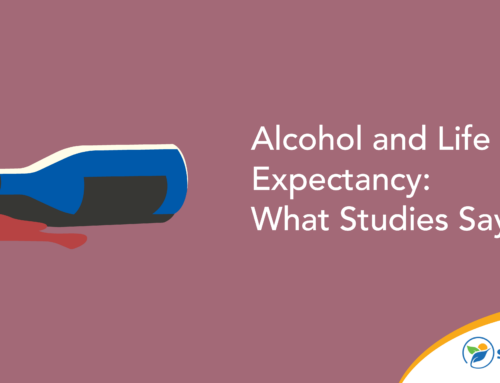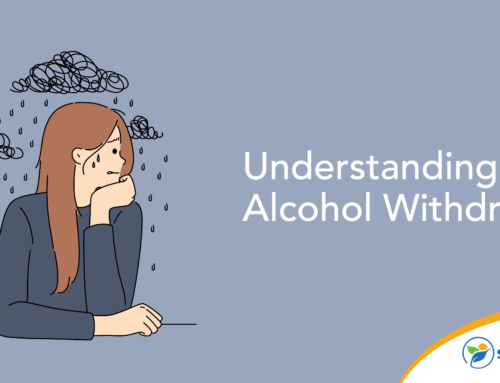While many of the more common perceptions regarding drugs indicate the need for detox, most are unaware as to whether or not similar medical treatment is required for alcohol addiction. The reality is that true alcoholics can undergo painful and potentially fatal withdrawal symptoms that absolutely necessitate medical oversight during the withdrawal process.
Alcoholics Need Detox Too
Most people assume that detox is really only necessary for drug addicts. It’s a common and relatively understandable misconception, but in the case of an alcoholic and those supporting their recovery, a potentially fatal one. To be clear, serious cases of alcoholism will necessitate medical intervention to help properly detox a recovering person from the effects of alcohol.
The type of alcoholic we are referring to is one who has drunk so heavily for so long that they must continue drinking to prevent withdrawal. Alcohol withdrawal can be painful, intense and even deadly. Symptoms associated with an alcohol withdrawal can include:
- Anxiety
- Depression
- Headache
- Nausea & Vomiting
- Fatigue
- Fever
- Irritability
- Delirium Tremens
Delirium Tremens (DT) in particular are cause for serious concern with an alcoholic in need of medical detox. Delirium Tremens is a severe form of alcohol that can produce the effects of confusion, tremors, and hallucinations. It is typically found amongst alcoholics that ingest the equivalent of one pint of liquor every day for several months.
Why Is Detox Necessary for an Alcoholic?
Alcoholics with serious drinking problems that have manifested into severe medical conditions may be at risk of permanent physical damage including death. Those alcoholics in particular who suffer from Delirium Tremens will be immediately transferred into the detox unit upon intake at any reputable treatment facility. Even if all symptoms are not found for such potential permanent physical harm, the decision to take precaution and still transfer that alcoholic into detox is a founded one.
Ultimately, any serious alcoholic with a history of heavy drinking needs to first be immediately removed from their current unhealthy environment and admitted into one designed to help redirect their behaviors and thought patterns in a more productive way. Detox tends to be the first and best option for doing this prior to introducing the alcoholic person into a community of his or her peers. The first symptoms of withdrawal tend to appear with the first 5-10 hours after their last drink. Tremors and shakes will be the usual first suspects at the onset, and in more severe cases, seizures and hallucinations will follow.
Without the proper medical care and experienced staff to oversee this process, it can be incredibly overwhelming to subject a friend or family member to take responsibility for. It is crucial that staff are well versed in the medical risks associated with severe alcohol withdrawal for supporting the physical and psychological needs for getting through the excruciating process. Physical symptoms will taper off faster than psychological ones do.
Even once in treatment and potentially for many months during sobriety, an alcoholic may still suffer bouts of depression or sleep disturbances. This is why we stand firm in our position that treatment is absolutely crucial to the long-term success of any alcoholic. Medical professionals that can observe the progress from detox through residential and transitional living programs can better observe the alcoholic individual and identify the best pharmaceutical intervention appropriate for when necessary. Lingering depression or sleep deprivation only make sustained sobriety more difficult as they introduce potentially unnecessary relapse triggers in the individual’s path.
For those considering entering detox for alcoholism, we have found in our experience the following timeline as reasonable expectations for the experience:
- First 12 Hours: Heavy drinkers are likely to experience delirium tremens for the first few hours after their last drink. Symptoms typically associated with the early withdrawal process can include but are not limited to sweating, irritability, rapid heartbeat, high blood pressure, nausea, vomiting, and insomnia.
- Days 1-2: Withdrawal symptoms will peak between the 24- and 48-hour mark from the last drink. Symptoms will be experienced at their most severe levels and may include but are not limited to seizures, night terrors, hallucinations and panic attacks.
- Days 3-5: Sustained feelings of anxiety, nervousness, shakiness, and erratic mood swings that last up to a week after their last drink. In more severe cases, delirium tremens can occur during this period as well.
- Days 6+: After detox we have still seen many severe cases experience lingering effects of sleeplessness and depression. Symptoms at this point forward tend to be primarily psychological and can include mood swings, anxiety, irritability, varying levels of energy and sleep loss.
The old saying is that it gets darkest before the dawn. Alcohol withdrawal is comparable to this description based on the previous assessment of the individual’s experience. However, we guarantee any individual considering a life of sobriety that it does get better…much better.
At the End of the Storm Comes the Sun
Alcoholism is an insidious, painful and many times fatally progressive disease. While it is more well understood that those dealing with drug addiction necessitate medical detox, it is less common knowledge as to how crucial it is for those suffering from alcoholism. In severe cases of alcoholism, recovering individuals can experience severe physical and psychological trauma that require medical intervention. Delirium tremens in particular must be monitored by a trusted staff of medical professionals to ensure the alcoholics safety and success.
Once an individual suffering from alcoholism overcomes their physical dependence from alcohol, the real work can begin. Patients are strongly encouraged to transition into a residential treatment program for further medical observation and assessment for potential pharmaceutical intervention for long-term psychological problems. In addition, being a part of a community of peers and staff that fully understand the journey can provide for greater awareness and preparation for a renewed life of independence. This includes learning the necessary skills for living as a sober adult and having a strong relapse prevention program in place so as to not repeat the same suffering once more.
If you are struggling with alcoholism and need help, contact Sunlight Recovery for more information today!







Leave A Comment